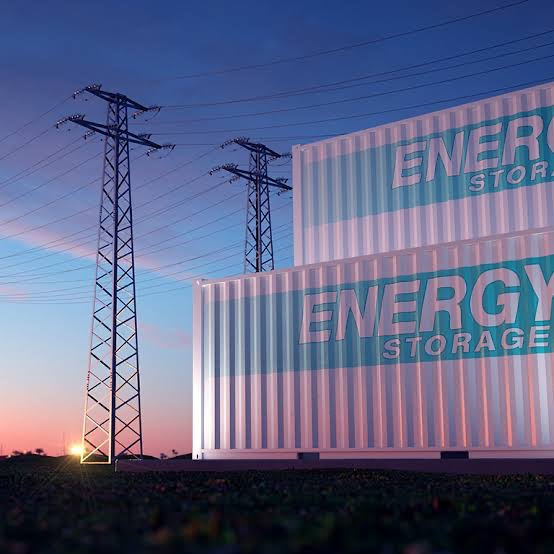KEY POINTS
- Octopus Energy is investing $250 million (R4.4 billion) in clean energy, e-mobility and battery projects across Sub-Saharan Africa.
- The UK firm’s local partner, backed by the Rupert family and Phuthuma Nhleko, will help it expand in South Africa’s opening power market.
- Its flagship “Zero Bills” homes could disrupt the market by offering free electricity through solar, storage, and smart grid tech.
With an R4.4 billion investment plan, Octopus Energy, the British renewable energy behemoth known for providing thousands of households with free electricity, is aiming to accelerate Sub-Saharan Africa’s clean energy movement.
According to the generation arm of the London-based company, the approximately $250 million in funding will support projects ranging from grid upgrades and electric vehicle charging stations to rooftop solar and battery storage.
Through its recently established Octopus Energy Power Africa Fund, which is seeded with $60 million but is poised to grow to full capacity, the investment will be implemented over the course of the following three years.
Africa is a sleeping giant of renewable potential, the company claims. According to the International Renewable Energy Agency, about 40% of the world’s clean energy resources are found on the continent. However, only 2% of global investment in the sector goes to it.
According to Zoisa North-Bond, CEO of Octopus Energy Generation, “Africa has a lot of clean energy potential — enough to build the next generation renewable powerhouse.”
Rupert Family Joins the Push
Backing the effort is a heavyweight local partner, Pembani Remgro Infrastructure Managers, a firm jointly owned by South Africa’s Rupert family and Phuthuma Nhleko, the former chief executive of MTN Group. The partnership is expected to help Octopus navigate the region’s policy shifts, particularly in South Africa, where the power market is slowly opening to private players.
Founded in 2015, Octopus Energy has grown into the UK’s largest residential electricity supplier and now operates in 13 markets, including the US and Australia. Its most attention-grabbing innovation is the Zero Bills program — homes built or retrofitted with solar panels, batteries, heat pumps and airtight insulation that effectively wipe out electricity bills. The model, underpinned by Octopus’s Kraken software, uses advanced demand forecasting to maximise self-generation and sell excess power back to the grid at a profit.
Already, 1,000 Zero Bill homes are up and running or in construction across the UK, Germany and New Zealand, with a target of 100,000 by 2030. A similar model could be a hit in South Africa, where soaring tariffs and abundant sunshine make self-sufficiency increasingly attractive.
The company says each participating home effectively becomes a node in a massive distributed power plant, delivering renewable capacity without the need to buy land or build vast transmission lines. With enough homes on board, Octopus could deploy more solar capacity than South Africa’s biggest utility-scale plant — all without touching Eskom’s debt-laden balance sheet.
What the company hasn’t yet said is whether it will bring its Zero Bills product to South Africa — but industry insiders say the market conditions are almost tailor-made for it.



